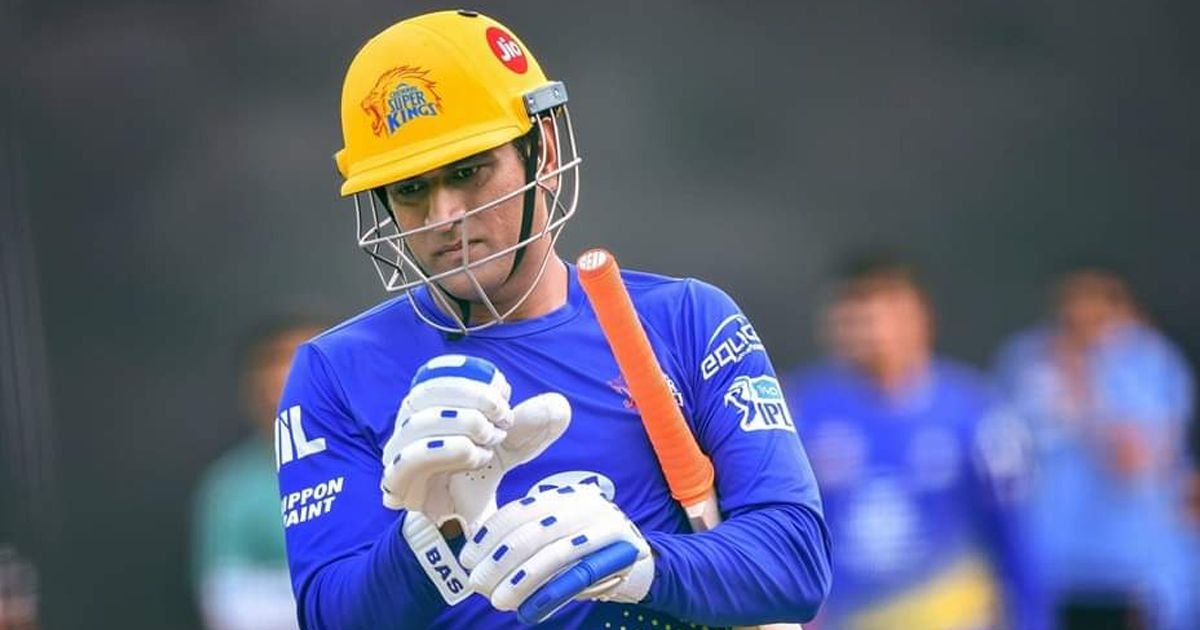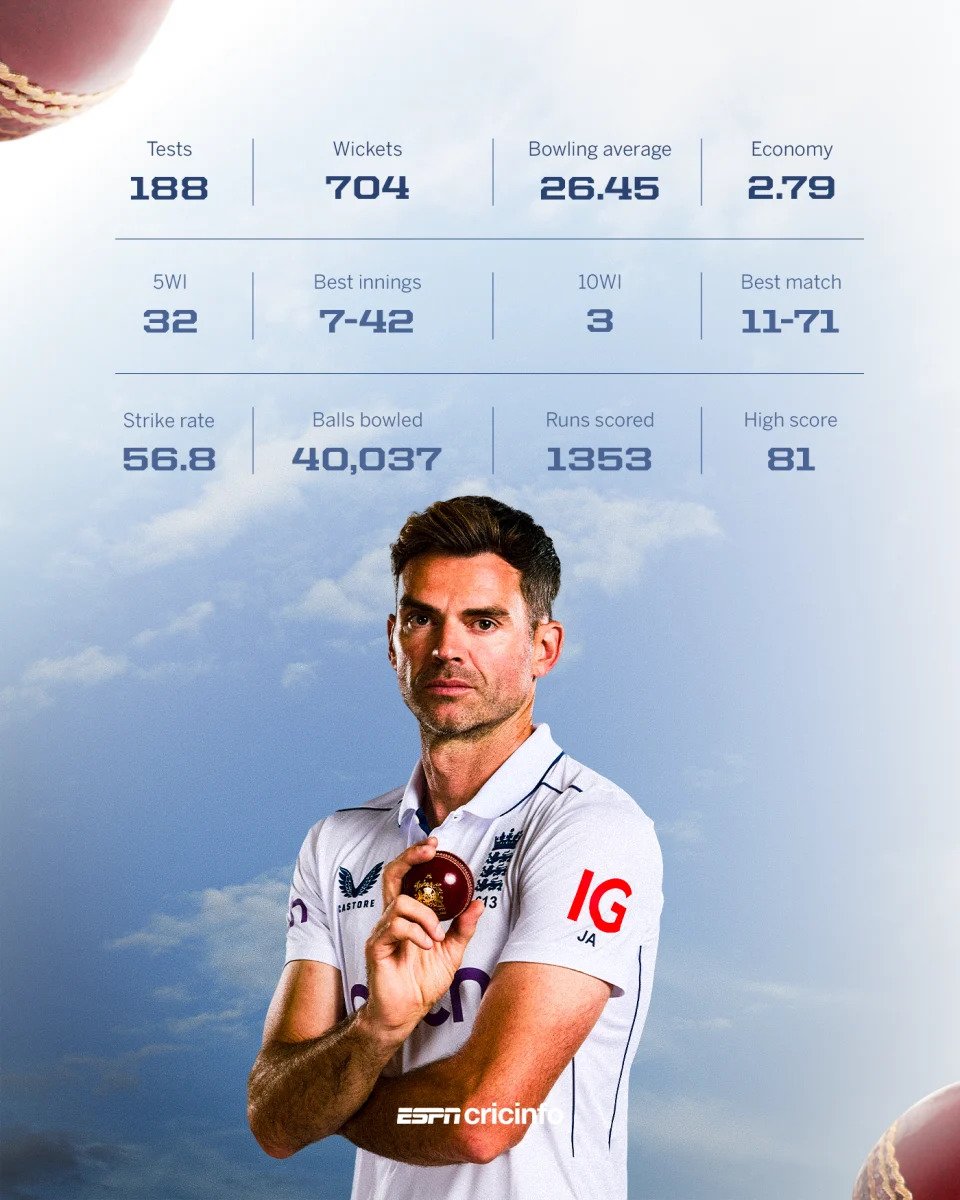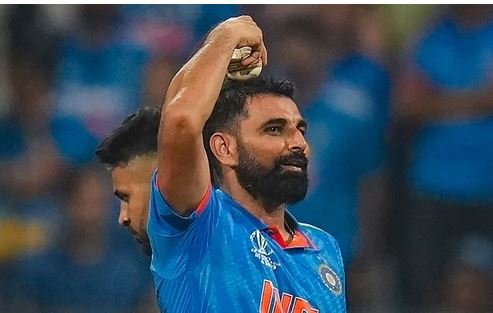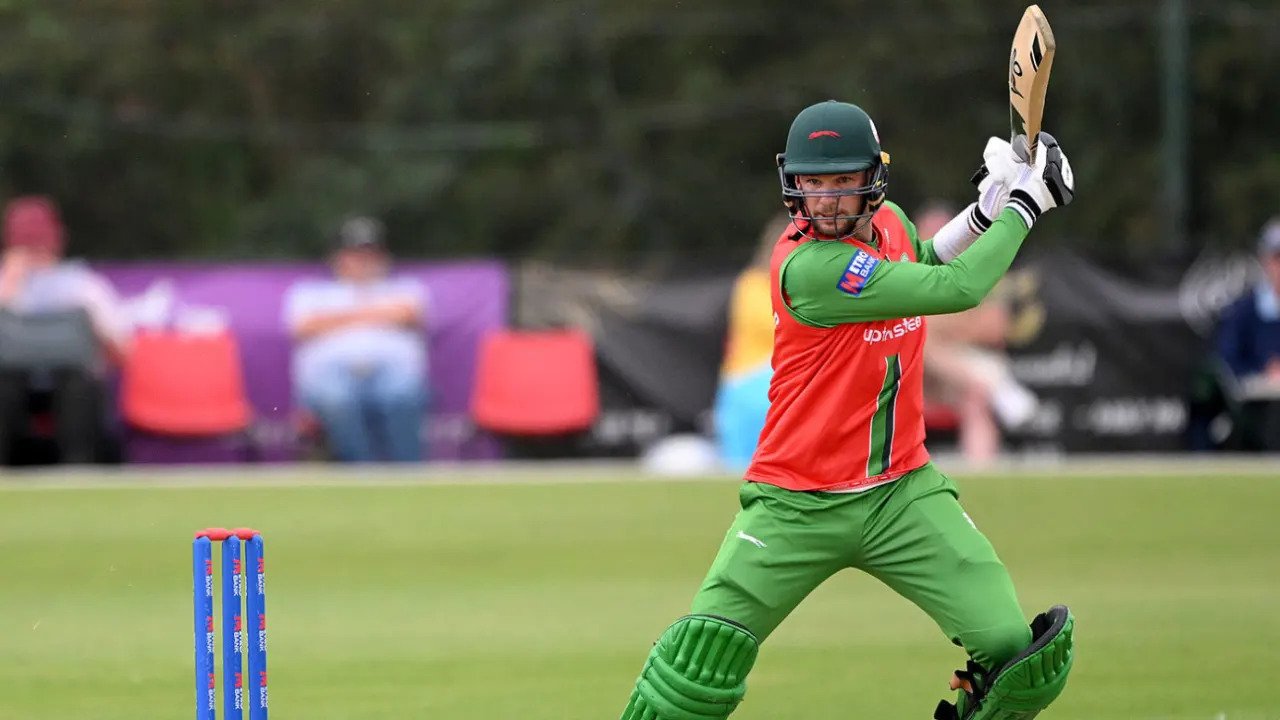England Cricket Team vs India National Cricket Team Match Scorecard –
India vs England 1st ODI 2025: Shubman Gill Shines as India Clinches Victory
India won easily by four wickets in Nagpur to get their ODI series against England off to a great start. The hosts easily reached 251/6 in just 38.4 overs, chasing down the 249-run mark. Despite England’s efforts, India’s batting prowess and well-organized bowling attack were too formidable.
Match Summary:
Match: 1st ODI, England Tour of India 2025
Venue: Nagpur
Date: February 06, 2025
Result: India won by 4 wickets with 68 balls remaining
Key Highlights:
Shubman Gill led India’s chase with a brilliant 87 off 96 balls.
Ravindra Jadeja and Harshit Rana bagged three wickets each to restrict England to 248.
Shreyas Iyer (59) and Axar Patel (52) played crucial innings to guide India to victory.
Jos Buttler (52) and Jacob Bethell (51) were the top scorers for England.

Before being bowled out in 47.4 overs, England, batting first, scored 248 runs. Although they had several strong individual efforts during their innings, they lacked consistency. England had a strong start thanks to Phil Salt (43 off 26 balls), but his knock was terminated by an unfortunate run-out. The main players were captain Jos Buttler (52 off 58 balls) and teenage batsman Jacob Bethell (51 off 62 balls), who formed an essential partnership to keep England’s innings stable.
But India’s bowlers, especially debutant Harshit Rana (3/53) and Ravindra Jadeja (3/26) kept England in check. After just scoring 19, Joe Root was leg before wicket (LBW) by Jadeja, making his comeback to ODI cricket unforgettable. England lost three wickets in rapid succession during their mid-innings collapse, which kept them from reaching a higher score.
India’s chase got off to a rough start when openers Yashasvi Jaiswal and Rohit Sharma were dismissed early by Jofra Archer and Saqib Mahmood, bringing India down to 19/2. But Shreyas Iyer (59 off 30 balls) launched a spectacular counterattack, hitting boundaries wherever he pleased and specifically going after Brydon Carse. The tone for India’s pursuit was established by his daring hitting.
Shubman Gill (87 off 96 balls) and Axar Patel (52 off 46 balls) formed the truly game-changing partnership. In place of the injured Virat Kohli, Gill displayed excellent poise and made some beautiful strokes. Axar played aggressively and made sure the run rate never dropped after being elevated up the order. India won the match thanks to their 108-run partnership.
Even though India lost a few wickets in the closing stages, their dominance was demonstrated when Ravindra Jadeja edged over the wicketkeeper to bring in the winning runs.
Turning Points of the Match
Early England Collapse: England lost three wickets in eight deliveries, disrupting their momentum.
Shreyas Iyer’s Counter-Attack: His aggressive fifty off just 30 balls shifted pressure back on England.
Gill & Axar’s Partnership: Their composed yet attacking stand of 108 runs ensured an easy chase for India.
Jadeja’s All-Round Performance: 3 wickets and a crucial cameo at the end made him one of India’s MVPs.
Shubman Gill was the player of the match
In addition to stabilizing India’s innings, Gill’s vital knock of 87 was a key factor in the easy chase. He was the most impressive performer because of his ability to anchor and accelerate when necessary.
MVP of the Match: Ravindra Jadeja
Jadeja was the most influential player of the game because of his outstanding bowling numbers of 3/26 and his crucial presence in the field and at bat.





